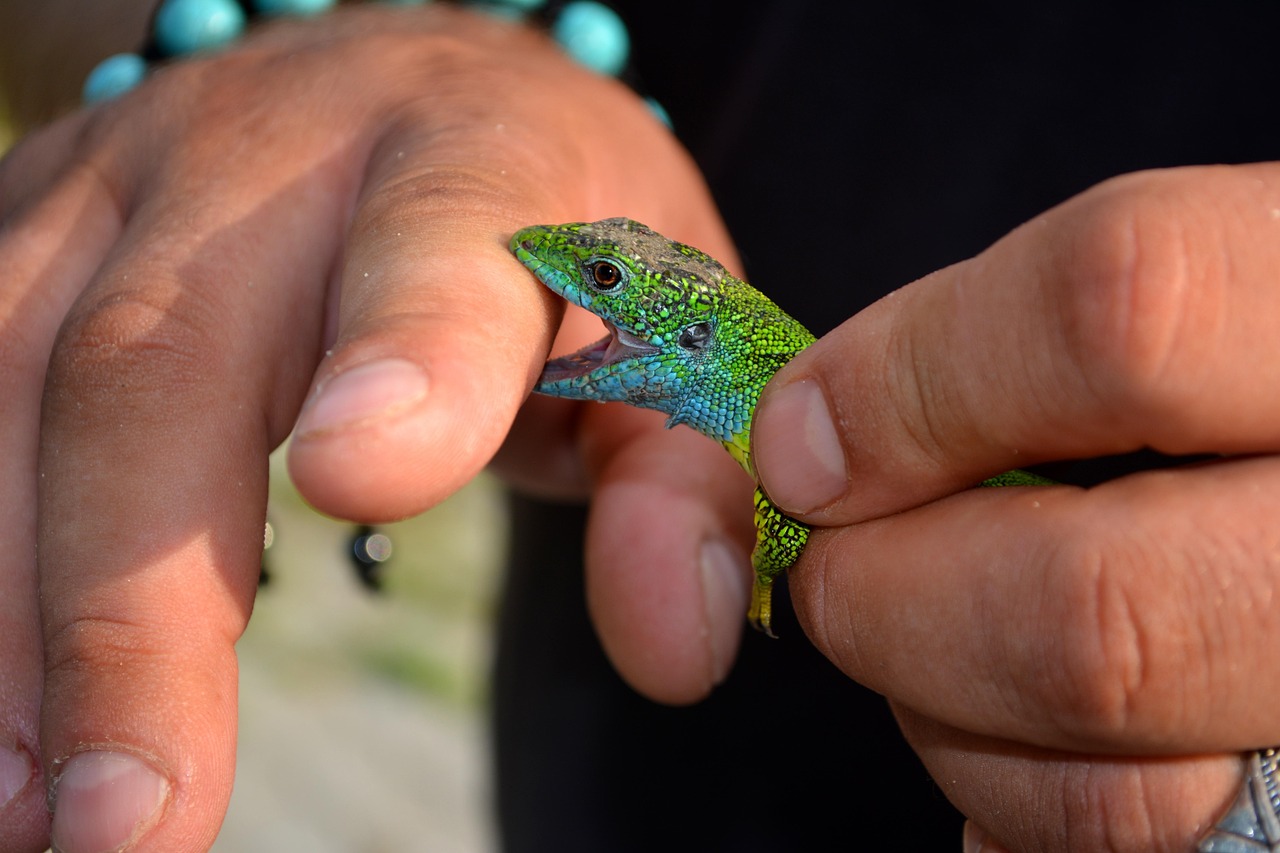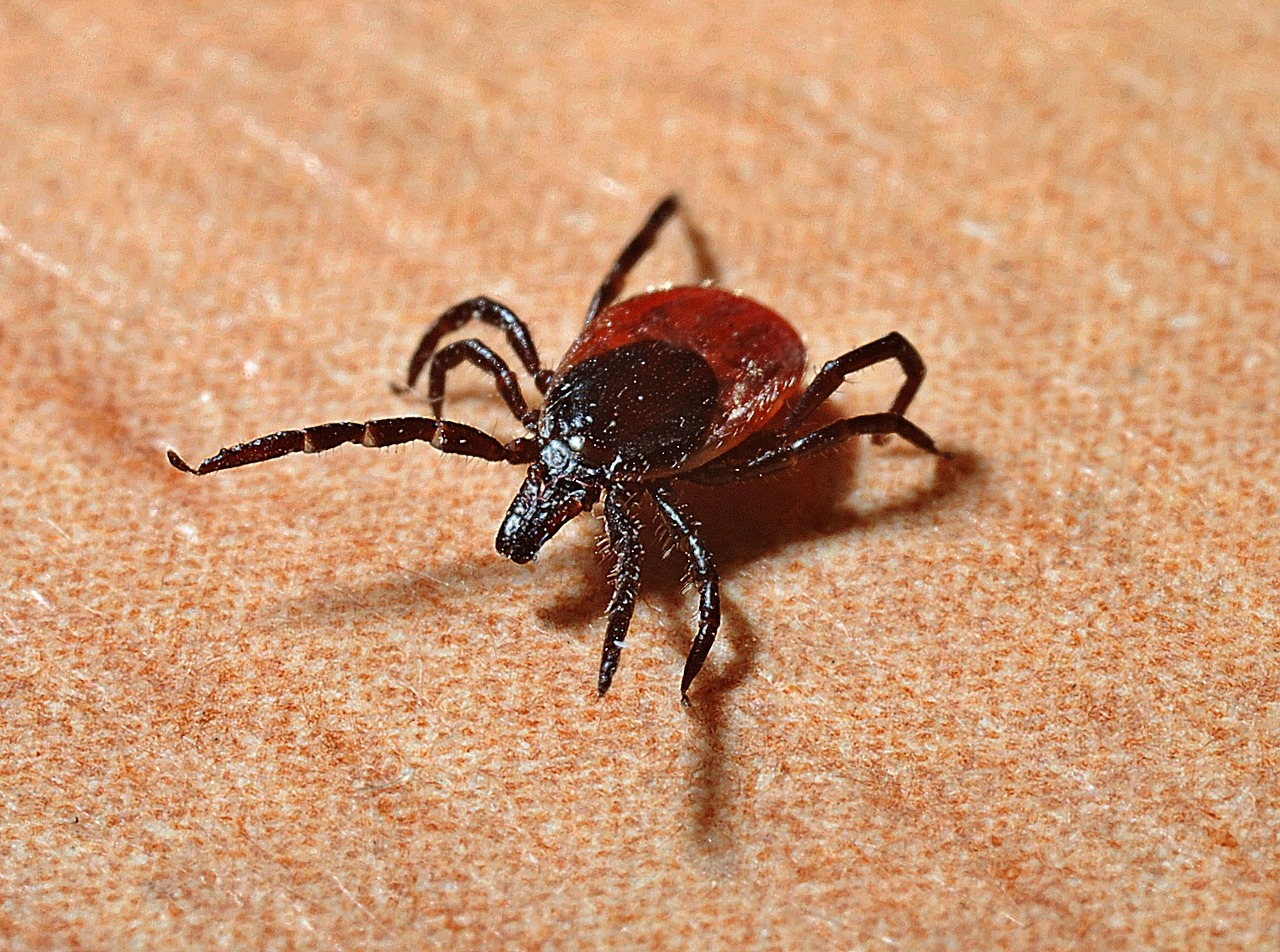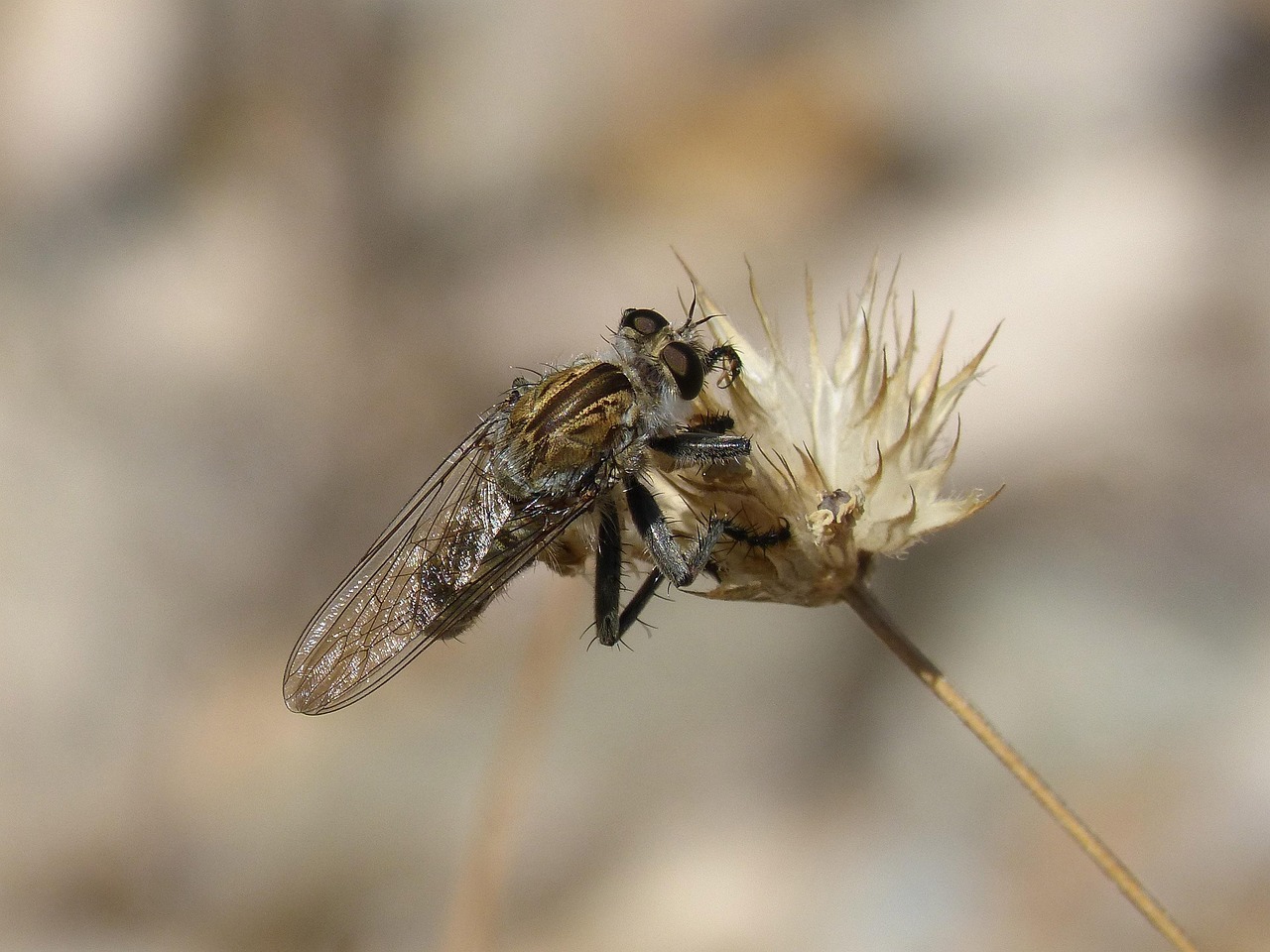
How Do I Deal With Insect Bites While Fly Fishing?
If you’ve ever spent a day out on the water fly fishing, you know that insect bites are just a part of the experience. From mosquitos to midges, these tiny pests can quickly turn a relaxing day on the river into an itchy nightmare. But fear not! With the right knowledge and preparation, you can minimize the annoyance and discomfort caused by insect bites while fly fishing.
Understanding Common Insects Found Near Water
Before we dive into how to deal with insect bites while fly fishing, it’s important to understand the most common insects you may encounter near water. Mosquitos, black flies, horseflies, and midges are just a few examples of pests you’re likely to encounter while out on the river. Each of these insects has its own unique bite and preferred habitat, so learning to identify them can help you take the necessary precautions to avoid being bitten.
Knowing which insects are prevalent in your fishing area can help you anticipate when and where you might encounter them. For example, if you’re fishing near a slow-moving river, you’re more likely to encounter mosquitos, while fast-flowing streams are often home to black flies. By familiarizing yourself with the bugs you’re likely to encounter, you can prepare accordingly.
Prevention is Key: Tips for Avoiding Insect Bites
While it’s nearly impossible to completely avoid insect bites while fly fishing, there are several steps you can take to minimize your exposure and decrease your chances of being bitten. Here are some useful tips for preventing insect bites while out on the water:
- Use Insect Repellent: Applying insect repellent containing DEET or picaridin to exposed skin can help deter mosquitos, black flies, and other biting insects.
- Wear Protective Clothing: Wearing light-colored, long-sleeved shirts, pants, and socks can help protect your skin from insect bites. Additionally, consider wearing a hat with a bug net to protect your face and neck.
- Avoid Peak Biting Times: Insects like mosquitos and black flies are most active during dawn and dusk, so try to schedule your fishing trips during midday when insects are less likely to be biting.
- Stay Away from Standing Water: Mosquitos lay their eggs in standing water, so try to avoid fishing near still water sources like ponds and marshes where mosquitos are likely to breed.
- Use Natural Repellents: Products containing natural repellents like citronella, lemon eucalyptus, and lavender can help ward off insects without the use of harsh chemicals.
- Keep Your Fishing Gear Clean: Insects are attracted to the scent of sweat, so regularly washing your fishing gear and clothing can help reduce your attractiveness to bugs.
- Choose the Right Fishing Spot: Some areas are more prone to insect infestations than others. Researching your fishing spot ahead of time can help you avoid particularly buggy areas.
By following these preventative measures, you can significantly reduce your risk of experiencing insect bites while fly fishing and enjoy your time on the water more comfortably.

Dealing With Insect Bites: First Aid Tips
Despite your best efforts to prevent insect bites, it’s still possible to get bitten while fly fishing. In cases where prevention fails, it’s important to know how to deal with insect bites effectively. Here are some first aid tips for treating insect bites:
- Clean the Bite Area: After being bitten, gently clean the affected area with soap and water to remove any bacteria or debris that could cause infection.
- Apply Cold Compress: Using a cold compress or ice pack can help reduce swelling, itching, and pain associated with insect bites.
- Avoid Scratching: While it can be tempting to scratch an itchy insect bite, doing so can increase inflammation and the risk of infection. Try to resist the urge to scratch.
- Use Over-the-Counter Treatments: Calamine lotion, hydrocortisone cream, and antihistamines can help reduce itching and inflammation caused by insect bites.
- Monitor for Signs of Infection: If a bite becomes increasingly swollen, red, or painful, or if you develop a fever, seek medical attention as this could indicate an infection.
By following these first aid tips, you can effectively treat insect bites while fly fishing and prevent them from ruining your day on the water.
Natural Remedies for Soothing Insect Bites
If you prefer to use natural remedies to soothe insect bites, there are several options that can help alleviate itching and reduce inflammation. Here are some natural remedies you can try:
- Aloe Vera: Applying aloe vera gel to insect bites can help reduce itching and swelling thanks to its anti-inflammatory properties.
- Tea Tree Oil: Known for its antibacterial and anti-inflammatory properties, tea tree oil can help soothe insect bites and prevent infection.
- Oatmeal Bath: Taking an oatmeal bath can help reduce itching and inflammation caused by insect bites. Simply add colloidal oatmeal to a warm bath and soak for 15-20 minutes.
- Baking Soda Paste: Mixing baking soda with water to create a paste and applying it to insect bites can help alleviate itching and reduce swelling.
- Apple Cider Vinegar: Dabbing a small amount of apple cider vinegar on insect bites may help reduce itching and inflammation.
These natural remedies can provide relief from insect bites while fly fishing and are gentle on the skin, making them suitable for those with sensitive skin.

Monitoring Insect Bite Allergies and Reactions
While most insect bites cause mild irritation and discomfort that can be effectively treated at home, some individuals may experience more severe allergic reactions to insect venom. If you suspect you’re having an allergic reaction to an insect bite, it’s important to seek medical attention immediately. Here are some signs of a severe insect bite allergy to watch out for:
- Difficulty Breathing: If you’re having trouble breathing after being bitten by an insect, seek emergency medical help as this could indicate a severe allergic reaction.
- Swelling of the Face, Lips, or Throat: Sudden swelling of the face, lips, or throat following an insect bite is a sign of a severe allergic reaction and requires immediate medical attention.
- Rapid Heart Rate: An elevated heart rate, dizziness, and weakness following an insect bite may indicate an allergic reaction, particularly if accompanied by other symptoms.
- Nausea or Vomiting: Severe allergic reactions to insect bites can cause nausea, vomiting, and abdominal pain. If you experience these symptoms, seek medical help.
- Hives or Rash: Developing hives, a rash, or widespread itching following an insect bite may indicate an allergic reaction and warrants prompt medical attention.
If you experience any of these symptoms after being bitten by an insect while fly fishing, do not hesitate to seek medical help as severe allergic reactions can be life-threatening.
Using Insect Repellents While Fly Fishing
In addition to preventative measures, using insect repellents can help further reduce your risk of insect bites while fly fishing. There are various types of insect repellents available, each with its own strengths and weaknesses. Here’s a breakdown of the most common types of insect repellents used for fly fishing:
- DEET: DEET is one of the most effective insect repellents available and provides long-lasting protection against a wide range of bugs, including mosquitos, black flies, and ticks.
- Picaridin: Similar to DEET, picaridin is a highly effective insect repellent that provides long-lasting protection against mosquitos, black flies, and other biting insects.
- Permethrin: Permethrin is a repellent designed to be applied to clothing, gear, and other fabrics rather than directly to the skin. It provides protection against mosquitos, ticks, and other insects for weeks at a time.
- Natural Repellents: Natural repellents containing ingredients like citronella, lemon eucalyptus, and peppermint can help ward off insects without the use of harsh chemicals. While these repellents may not be as long-lasting as synthetic options, they can be a good alternative for those looking to avoid chemical exposure.
When using insect repellents while fly fishing, be sure to follow the manufacturer’s instructions for application and reapplication to ensure maximum effectiveness and protection against insect bites.

Creating an Insect Bite First Aid Kit for Fly Fishing
To be fully prepared for insect bites while fly fishing, consider creating an insect bite first aid kit to have on hand during your fishing trips. Here are some essential items to include in your insect bite first aid kit:
- Antiseptic Wipes: Antiseptic wipes can be used to clean insect bites before applying any topical treatments to reduce the risk of infection.
- Sterile Gauze Pads: Sterile gauze pads can be used to cover and protect larger insect bites from dirt and debris.
- Tweezers: Tweezers can be used to remove bee stingers, splinters, or ticks from insect bites to prevent further irritation.
- Calamine Lotion: Calamine lotion can help relieve itching and reduce inflammation caused by insect bites.
- Hydrocortisone Cream: Hydrocortisone cream can help reduce itching, redness, and swelling associated with insect bites.
- Antihistamines: Antihistamines can help alleviate allergic reactions to insect bites and reduce symptoms like itching and swelling.
- Insect Repellent: Carry a small bottle of insect repellent in your first aid kit to reapply throughout the day for ongoing protection.
By having an insect bite first aid kit readily available while fly fishing, you can quickly and effectively treat insect bites to minimize discomfort and enjoy your time on the water without interruptions.
Conclusion
Dealing with insect bites while fly fishing is an inevitable part of the experience, but with the right knowledge and preparation, you can minimize their impact on your fishing trips. By understanding common insects found near water, taking preventative measures to avoid insect bites, and knowing how to effectively treat insect bites, you can enjoy your time on the water more comfortably and confidently. Remember to take steps to prevent insect bites, be prepared to treat them if they occur, and seek medical attention if you suspect a severe allergic reaction. With these tips and strategies in mind, you can navigate the waters with confidence and focus on what you love most – catching fish.